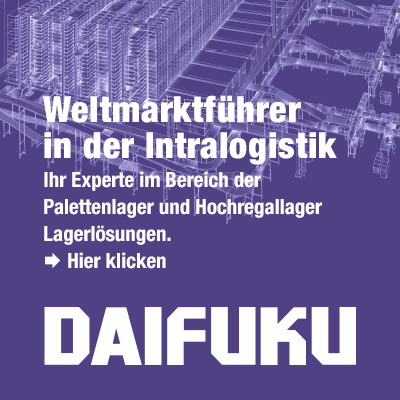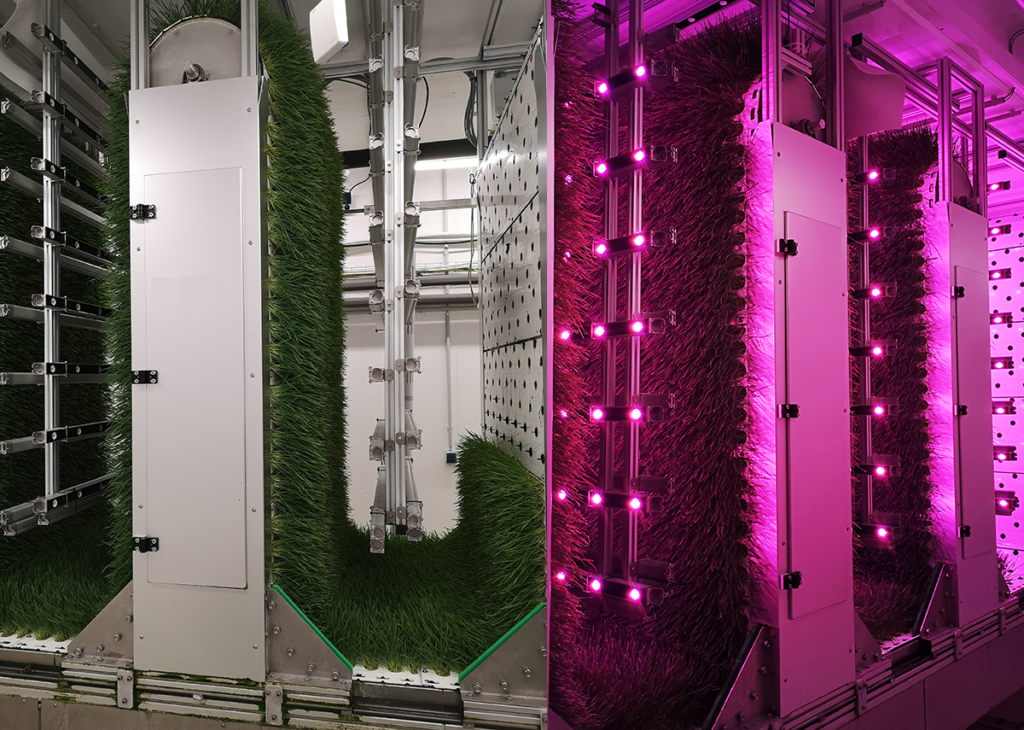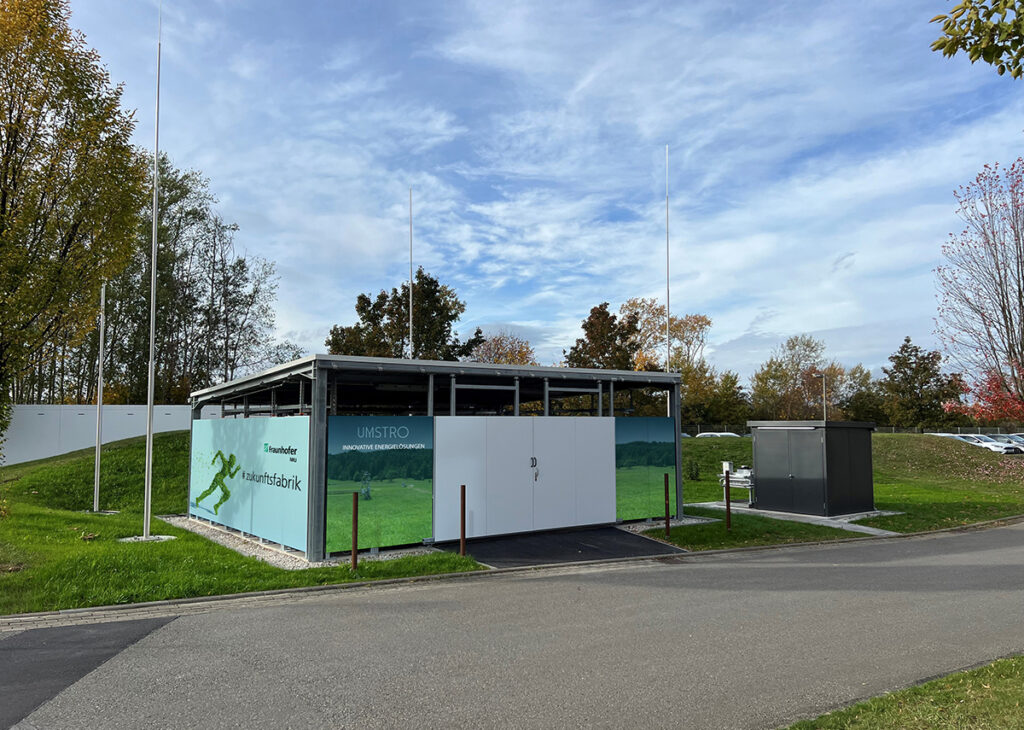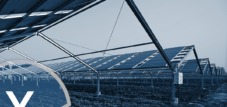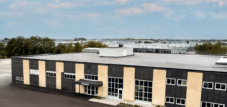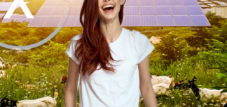Smart Agrar: Vertical & Indoor Farming – Indoor spaces for growing agricultural products – Automated plant breeding system
Language selection 📢
Published on: August 30, 2024 / update from: August 30, 2024 - Author: Konrad Wolfenstein
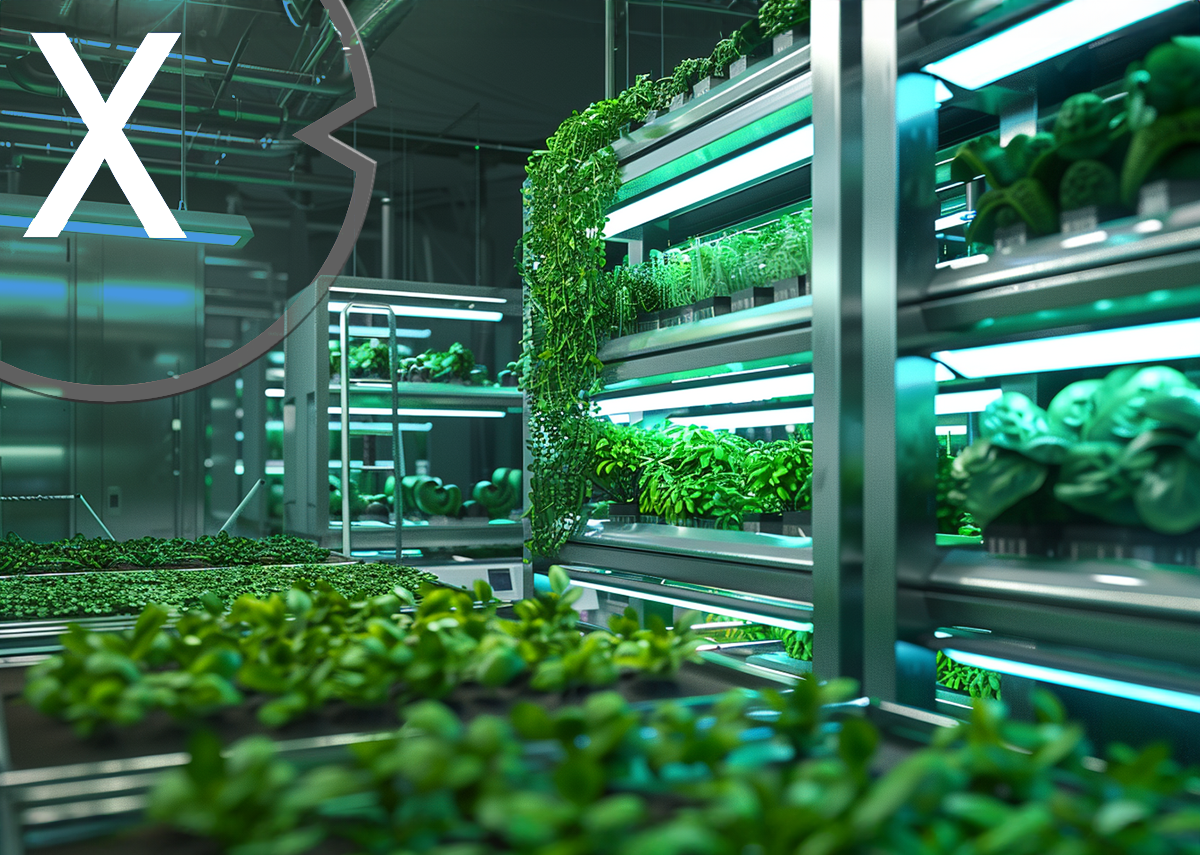
Smart Agrar: Indoor & Vertical Farming – Indoor spaces for growing agricultural products – Automated plant breeding system – Image: Xpert.Digital
🏢🌿 Future of indoor agricultural production
🌱🚜🤖 The agricultural economy is facing a fundamental transformation. Technological innovations such as indoor and vertical farming are revolutionizing the way we produce food. These techniques not only promise greater efficiency and sustainability, but could also provide a solution to the pressing challenges of the 21st century, particularly in relation to feeding a growing global population.
🌆🌿 The future of urban agriculture
Indoor and vertical farming, i.e. the cultivation of plants in closed spaces and in vertically arranged layers, have developed from a niche into a serious sector in recent years. According to forecasts, the market for vertical farming could reach a volume of up to 24 billion dollars by 2030. This growth forecast highlights the potential of these technologies to make a significant contribution to global food production.
🏙️🍽️ Urbanization and food insecurity
By 2050, about two-thirds of the world's population is expected to live in urban areas. This development poses major challenges for global agriculture: How can we sustainably feed such a large urban population? Vertical farming could offer an answer here by reducing the need for agricultural land and shortening the distance between the point of production and the consumer. “Vertical farming could provide a sustainable way to feed this growing urban population,” experts said.
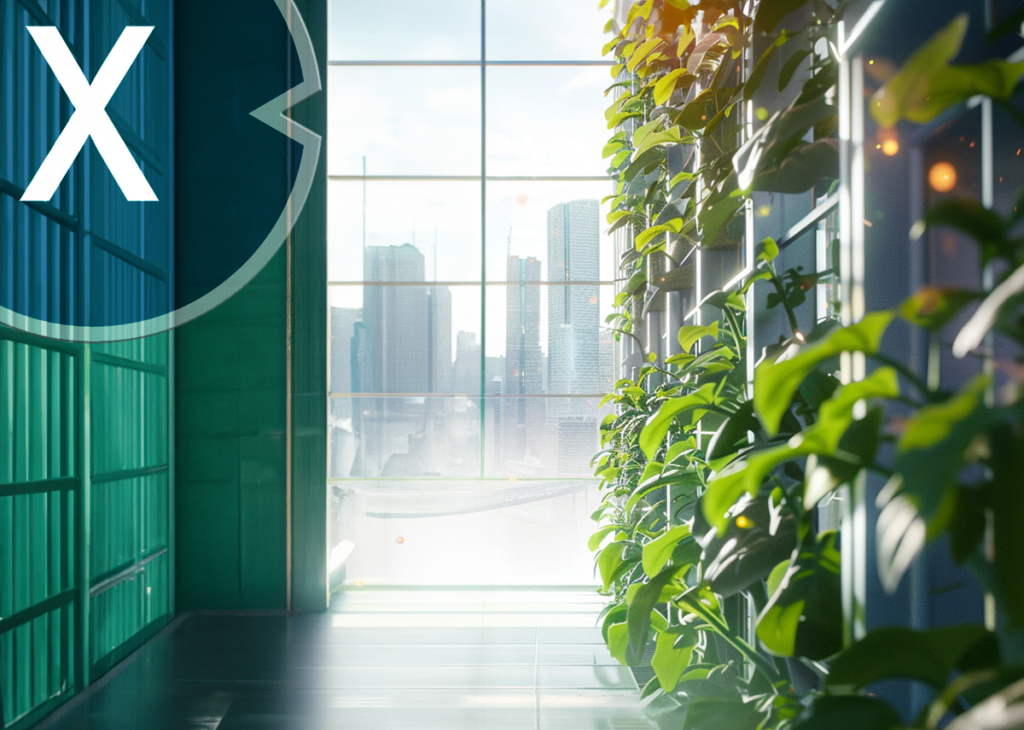
Solving urbanization and food insecurity with vertical and indoor farming? – Symbol image: Xpert.Digital
Shortening supply chains by growing in urban areas has numerous benefits: fresh produce can go almost directly from farm to consumer, which not only increases quality but also significantly reduces the carbon footprint of food production. Integrating these farming methods into the infrastructure of modern cities could also create a new dimension in urban quality of life.
🌳🔋 Sustainability in focus: energy efficiency and resource conservation
Despite all the advantages, the question of energy efficiency remains a major challenge for vertical farming. Operating the necessary lighting and air conditioning systems is energy intensive. However, these energy-based costs could be offset by several factors: eliminating agrochemicals, lower transportation costs, and minimizing spoilage and waste all help ensure that vertical farming can still be economically viable.
In the current energy crisis, sustainable electricity generation is becoming a key factor for the success of vertical farming. The use of renewable energy, such as solar or wind power, could reduce dependence on fossil fuels and keep energy supply costs stable. Advances in battery technology and improving the efficiency of LED lights also play a crucial role. “Sustainable power generation and improved energy storage will be critical to the economic viability of vertical farming,” industry analysts said.
🤖📈 Automation and digitalization: The future of plant breeding
Another important aspect of modern agriculture is the increasing automation and digitalization of production processes. Automated plant breeding systems that monitor and control the cultivation, care and harvesting of plants enable precise and efficient use of resources. These systems can not only optimize water and fertilizer usage, but also reduce labor costs and maximize yields.
By using artificial intelligence (AI) and machine learning, these systems can continuously analyze data and adjust their operating parameters to ensure optimal growing conditions. “Integrating AI into agriculture will make it possible to achieve more precise and efficient production,” says a study. This development could help reduce dependence on human labor while increasing production.
🏔️🚧 Challenges and perspectives
Despite the enormous potential of indoor and vertical farming, there are still some challenges to overcome. The high initial investments and ongoing operating costs represent a barrier for many companies. Furthermore, the acceptance of these new technologies in society is not yet complete. More research and education is needed to overcome the prejudices and concerns about these farming methods.
Collaboration between governments, the private sector and academia will be crucial to advance the development and dissemination of vertical farming. Funding programs and policy frameworks that support sustainable agriculture could pave the way for these technologies.
Vertical farming is a promising way to address the global challenges of food production in the 21st century. With the right technological and political support, this innovative farming method could not only help feed the growing world population, but also make an important contribution to climate protection and sustainable development.
📣 Similar topics
- 🌱 Revolution in agricultural technology: Indoor & vertical farming in focus
- 🌆 Urban Agriculture: The way forward
- 🍅 Fresh products straight from the city
- 🌿 Sustainable farming methods for the modern world
- 🔋 Energy transition in vertical farming: opportunities and challenges
- 🤖 Automation in cultivation: The role of robotics and AI
- 📈 Growth potential: forecasts for indoor farming
- 👥 Collaboration for progress in agriculture
- 💡 Digital innovations in crop production
- 🌍 Food insecurity and urban solutions
#️⃣ Hashtags: #SmartAgrar #VerticalFarming #UrbaneFarming #Sustainability #Digitalization
Xpert partner in warehouse planning and construction
🥦 FutureProteins: Sustainable protein sources for the future
- Wheatgrass on the OrbiPlant® test facility at Fraunhofer IME – Image: Andreas Reimann | Fraunhofer IME
- The H2 power plant at the Fraunhofer IWU research factory. The supply of renewable energy, including “green” storage technologies, is an essential component for climate-neutral production. The H2 power plant consists of an electrolyzer, hydrogen storage, fuel cell and additional battery storage. – Image: Fraunhofer IME
🌱🌍 Vertical Farming – a way to secure protein supplies for the growing world population
The global challenges in the area of food supply are further exacerbated by climate change, growing environmental pressures and unpredictable weather conditions. Given these threats, scientists are looking for innovative solutions to ensure the future supply of food proteins. A particularly promising technology is vertical farming, which makes it possible to produce food in controlled, urban indoor spaces. As part of the Fraunhofer flagship project “ FutureProteins”, six Fraunhofer institutes are working on the development and optimization of indoor farming systems that can cultivate alternative protein sources such as wheatgrass, alfalfa and potatoes. The central question is: How can these plants be grown efficiently without soil and under artificial lighting to ensure not only ecological sustainability but also economic viability?
🌆🌿 The importance of vertical farming for urban agriculture
Vertical Farming offers a revolutionary method for moving agricultural production from traditional farming areas to vertical, urban spaces. This technology makes it possible to cultivate plants in multi-layered, controlled environments, regardless of external weather conditions. A prime example of the application of this technology is the automated plant breeding system OrbiPlant®, which was developed at Fraunhofer IME. Using an innovative, undulating conveyor belt system, OrbiPlant® maximizes the use of limited floor space in urban environments, making it possible to cultivate a variety of plant species in a small space - regardless of season or time of day.
💰⚡ Economic perspectives and energy efficiency in vertical farming
Despite the immense advantages that vertical farming offers, the economic viability of this technology remains one of the biggest challenges. Forecasts indicate that the vertical farming market could reach a volume of up to $24 billion by 2030. To realize this potential, it is crucial to reduce high operating costs, particularly air conditioning and lighting costs. Although these systems enable continuous and weather-independent production, they also cause significant CO2 emissions and energy costs. Therefore, the selection of the location and the design of the energy supply system play a crucial role in the economic viability of the systems.
Fraunhofer IWU brings its extensive expertise in energy-efficient production and the integration of renewable energies to the “FutureProteins” project. Developing tailored energy supply solutions for different locations ensures that vertical farming is both environmentally sustainable and economically viable.
🔋🌍 Energy optimization through tailor-made scenarios for different locations
The location conditions for vertical farming can vary greatly depending on the region, which requires flexible adaptation of the technology. At Fraunhofer IWU, energy scenarios were developed for various locations, including Berlin, Iceland, Burkina Faso and India. These locations represent a wide range of climatic challenges: from the long, dark winters of Dalvík, Iceland, to the hot, dry conditions of Kongoussi, Burkina Faso, and the water shortages of Chennai, India.
Each of these scenarios requires individual energy supply solutions. In Berlin, a combination of solar energy and battery storage could be the most efficient solution, while in Iceland the use of geothermal energy would make sense. In regions with unstable power grids, such as Burkina Faso, storing energy in the form of hydrogen offers a promising solution. Excess energy is converted into hydrogen through electrolysis, which can be reused in fuel cell systems if necessary.
🏭🌬️ Technological advances at the Chemnitz site: The H2 power plant
An outstanding example of the successful implementation of such technologies is the H2 power plant in Chemnitz. This compact hydrogen power plant allows the storage of up to 2.5 MWh of green energy, enough to supply a 1,500 m² vertical farming facility with continuous power for an entire day. This type of technology is particularly important in regions with high energy prices or unreliable power grids and could be a key to the economic and environmental optimization of vertical farming systems.
🌱📈 Future prospects and global significance of vertical farming
The continuous development and optimization of vertical farming technologies, supported by projects like FutureProteins, has the potential to revolutionize global agriculture. By using energy-efficient technologies and adapting to local conditions, vertical farming can not only help secure global protein supplies, but also address the ecological and economic challenges of modern agriculture. The integration of renewable energies and innovative storage systems, such as those being developed at Fraunhofer IWU, are of crucial importance.
Vertical farming is not only a response to the challenges of climate change and the growing global population, but also opens up new opportunities for sustainable, urban agriculture. As technology advances and society becomes more accepted, vertical farming could become a central part of our global food security in the near future.
📣 Similar topics
- 🌱 Vertical farming: future for urban spaces
- 🌇 Modern solutions for urban agriculture
- 🔄 Sustainability through vertical farming
- 💡 Innovations in vertical farming: From OrbiPlant® to H2 power plants
- 🚜 Agriculture rethought: From the field to the city
- 🌍 Energy efficiency and sustainability combined
- ⚡ Vertical Farming: Green Energy for Growing Cities
- 🌿 Indoor farming: protein sources of the future
- 🚀 Vertical farming and the food production revolution
- 🔬 Science and technology in the service of food security
#️⃣ Hashtags: #energyefficiency #sustainability #urbanagriculture #innovativetechnologies #proteinsupply
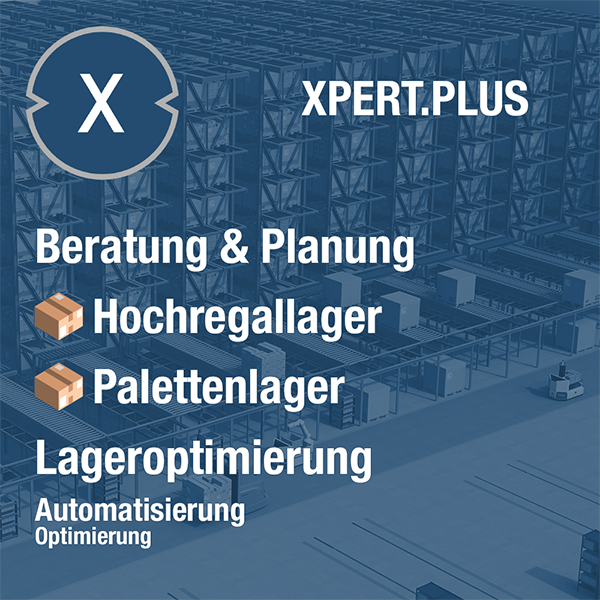
Xpert.Plus warehouse optimization - high-bay warehouses such as pallet warehouses consulting and planning
🌿 Smart Agriculture: Vertical & Indoor Farming 🌿
💡 What if we grew plants vertically?
By 2050, two-thirds of the world's population is expected to live in urban areas. Vertical farming could provide a sustainable way to feed this growing urban population by reducing the need for agricultural land and shortening the distance between food production and consumption.
Vertical farming is the practice of producing food in vertically stacked layers or sloping surfaces without soil or sunlight. The food grown consists mainly of leafy vegetables, fruits and herbs such as: B. Lettuce, spinach, kale, tomatoes, peppers, strawberries and basil, but not from grains or legumes such as wheat, rice, corn or soy. The plants are grown in hydroponic or aeroponic systems, meaning they are suspended in water or air/mist and receive all nutrients through this medium. Aquaponic systems combine hydroponics and aquaculture. Controlled-Environment Agriculture (CEA) methods are used to control humidity, temperature, gases, light (amount and wavelength), nutrients, acidity, carbon dioxide, water and pathogens.
The promise of vertical farming is manifold: year-round, predictable production, regardless of weather, season or climate (and therefore climate change), and therefore without major seasonal price fluctuations. A short chain between producer and consumer would drastically reduce food miles and lead to fresher, more nutritious products. Vertical farming could achieve higher yields with significantly less water use and fewer pesticides or herbicides. It is even possible to alter the nutritional content and flavor of plants by controlling the growing medium.
The bottlenecks slowing the full adoption of vertical farms are the high energy requirements and associated environmental issues, the efficiency of light use by the plant, and the high startup and scaling costs. Will growing food vertically be a distinctive feature of future urban architecture?
🌍 Potential impacts and developments
Vertical farming is related to urban farming initiatives. The idea of growing food in stacked layers is being tested around the world, from New Jersey (USA) to Belgium to Dubai and Japan. Researchers are also studying the efficiency of vertical farming. Future developments could lead to kitchen cabinet-sized vertical farms for home gardeners or vertical growing departments in local supermarkets. On a larger scale, vertical farming could play a role in repurposing industrial areas through the reuse of empty warehouses, factories and plants, perhaps first requiring remediation of contaminated land.
Although it is theoretically possible to grow virtually any plant vertically, fast-growing crops with little or no inedible parts such as roots and stems and high market value are the most cost-effective. The technologies that enable such soilless cultivation in strictly controlled environments include lighting, irrigation and waste management systems, the use of renewable energy, sensors of all kinds and other intelligent devices for autonomous control and fine-tuning of environmental parameters. Machine learning and automation are used to optimize growing conditions and manage facilities. For example, the partly EU-funded company Infarm has connected its widespread “point-of-sale” farms to a central platform that learns from each farm’s growth data to adjust conditions and optimize growth.
Vertical farms are energy intensive. Some of the energy-based costs can be offset by savings in non-use of agricultural chemicals, significantly reduced transportation, storage and distribution costs, and reduced spoilage and waste. But the current energy crisis could have serious consequences for the sector. Sustainable power generation, improvements in battery storage and LED lighting efficiency will be critical to the sustainability and economic viability of vertical farming.
🌆 Anticipatory policymaking
Urban agriculture, including vertical farming, has the potential to contribute to sustainable food production, sustainable natural resource management, climate action and balanced territorial development. In March 2020, the European Commission adopted a new circular economy action plan, with food, water and nutrients as one of the key value chains. Vertical farming could contribute to these goals by reducing the use of agrochemicals and water in agriculture and counteracting soil degradation, deforestation and water eutrophication (increased nutrient loading).
📣 Similar topics
- 🌆 Urban habitat and vertical cultivation
- 🌱 Sustainable nutrition of the future
- 🏢 Urban agriculture: advantages and challenges
- 💡 Innovations in vertical cultivation
- 🌿 Hydroponics and aeroponics explained
- 🔋 Energy needs and environmental issues
- 🏭 Repurpose industrial wastelands as vertical farms
- ⚡ Technologies for improved growing conditions
- 💧 Water and nutrient management in vertical cultivation
- 🧠 Machine learning in agriculture
#️⃣ Hashtags: #VerticalCultivation #UrbanAgriculture #Sustainability #Hydroponics #Innovation
We are there for you - advice - planning - implementation - project management
☑️ Smart City & Factory: Industry expert for energetic 5G buildings and halls as well as advice and installation of solar systems
☑️ Xpert.Plus - logistics consulting and logistics optimization
☑️ Industry expert, here with his own Xpert.Digital Industry Hub with over 2,500 specialist articles
I would be happy to serve as your personal advisor.
You can contact me by filling out the contact form below or simply call me on +49 89 89 674 804 (Munich) .
I'm looking forward to our joint project.
Xpert.Digital - Konrad Wolfenstein
Xpert.Digital is a hub for industry with a focus on digitalization, mechanical engineering, logistics/intralogistics and photovoltaics.
With our 360° business development solution, we support well-known companies from new business to after sales.
Market intelligence, smarketing, marketing automation, content development, PR, mail campaigns, personalized social media and lead nurturing are part of our digital tools.
You can find out more at: www.xpert.digital - www.xpert.solar - www.xpert.plus



